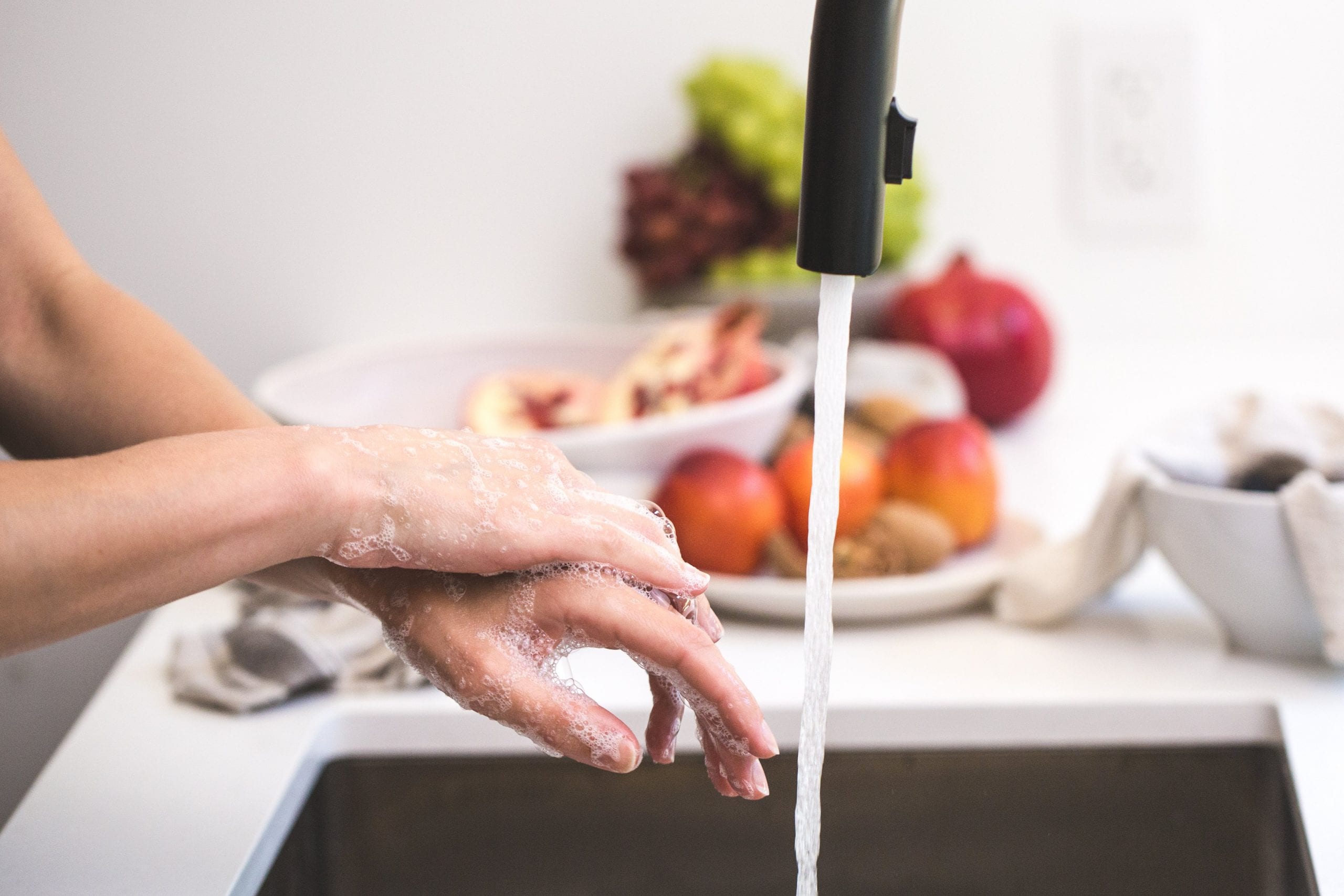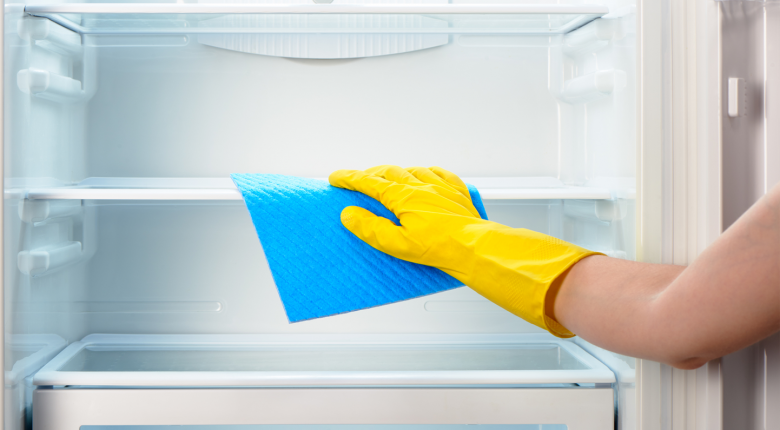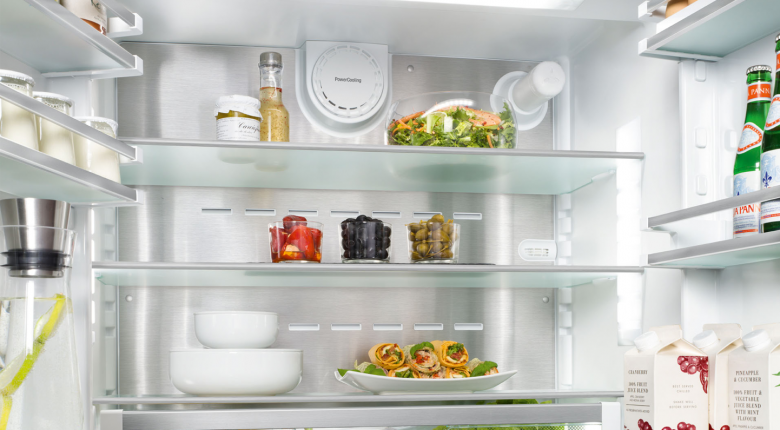Bacteria and viruses are our constant companions. But what does this mean for our hygiene habits when handling food? The good news is that, with a few simple, hygienic practices, we can take care of our health and the quality and shelf life of our food. Learn important tips right here on how to prepare and preserve healthy and delicious food!
Pathogens, such as bacteria, fungi or viruses can be found on our food, in refrigerators, and on kitchen work surfaces. These can result in food poisoning or foodborne infections. Food poisoning occurs when germs in food produce toxins, which are then absorbed into the body when the affected food is ingested. In foodborne infections, on the other hand, it is the germs itself that are ingested and cause harm.
Hands, work surfaces, utensils: Tips for a clean kitchen
During preparation, we can do a lot to protect our food and ultimately our body from germs. Usually, we ourselves transmit germs to our food and then ingest them into our bodies. A certain bacterial load in our body is completely healthy and natural. It is well known that coughing, sneezing or open wounds transmit germs. But even without illness, hands or clothing can spread germs to our food. Therefore, a simple rule of conduct before preparing food is: Wash your hands. Remove jewelry and cover wounds with a waterproof plaster or rubber gloves. Washing your hands during preparation is also sensible if you have come into contact with raw meat or fish, or unwashed fruit and vegetables.
Keep work surfaces and equipment clean in the same way you keep your hands clean. Incidentally, no strong detergent or disinfectant is needed to keep the kitchen clean. These do more harm than good. Washing-up liquid, all-purpose cleaner and possibly a scouring agent are perfectly adequate. Wipe kitchen worktops regularly. The following applies during preparation: Surfaces and utensils that have come into contact with raw or unwashed food should not then come into contact with cooked or washed food.
For a healthy atmosphere in the room, make sure to empty your trash bins promptly. Trash bins should also be thoroughly cleaned every now and then. Some things in your kitchen also require regular replacement. Although dishcloths can be washed a few times in a boil wash cycle at a minimum of 140°F, they should be replaced from time to time, just like sponges and brushes.

Halting reproduction: Thanks to the refrigerator
Our refrigerator is a clever aid to protect ourselves against food poisoning and infections. Food not only stays fresher for longer but most is also protected from unwanted co-inhabitants in the form of infectious germs. The reason for this is that bacteria and fungi need favorable living conditions in order to multiply. Under unfavorable conditions, such as low temperatures, they struggle to multiply. Cold does not kill the little enemies, but it does inhibit their growth. As the infectious dose is decisive in the development of an infection, this is very important.
In order to reliably kill or inactivate germs, we need heat. Germs cannot withstand temperatures of 175°F. So, cooling slows the germs’ growth and their production of toxins, heat makes germs harmless. However, even at low refrigerator temperatures, some bacteria continue to multiply. The only way to slow these hardy germs is with extreme cold, for example, the freezer. Other factors, as well as cold, also inhibit the reproduction of bacteria. An acidic pH value or low water content also usually inhibits the growth and reproduction of germs. This is why some foods are more perishable than others.

Good care for great performance: Refrigerator hygiene
The place where food is stored for a long time deserves special care! Therefore, regularly clean your refrigerator with a mild cleaning agent. More tips can be found in this article. Additionally, the food needs to be stored in airtight containers.
This also aids in refrigerator hygiene. In order to avoid raising the temperature in the refrigerator, the only food that has cooled should be put in the refrigerator. Pre-cooked food must be cooled down quickly, as cool temperatures are known to inhibit the reproduction of germs. The following trick can help here: Place the leftovers in a bowl of cold water and ice cubes for a few minutes. Afterward, the meal is ready for the refrigerator or freezer.

Healthy food for a resilient body
As important as hygiene in the kitchen is for the reduced ingestion of germs, the body’s own defense system always plays a major role in preventing infections. Immunity against infectious germs can be increased by a healthy, balanced diet, among other things. Download our BioFresh App and find out lots of valuable information about your food, its vitamins, and shelf life. Search for your favorite food or products that contain a specific vitamin – in alphabetic order or by category.
If you have any questions about refrigerator cleaning, simply write to us! Use the comment function below this post or start/join in discussions with us on Facebook.